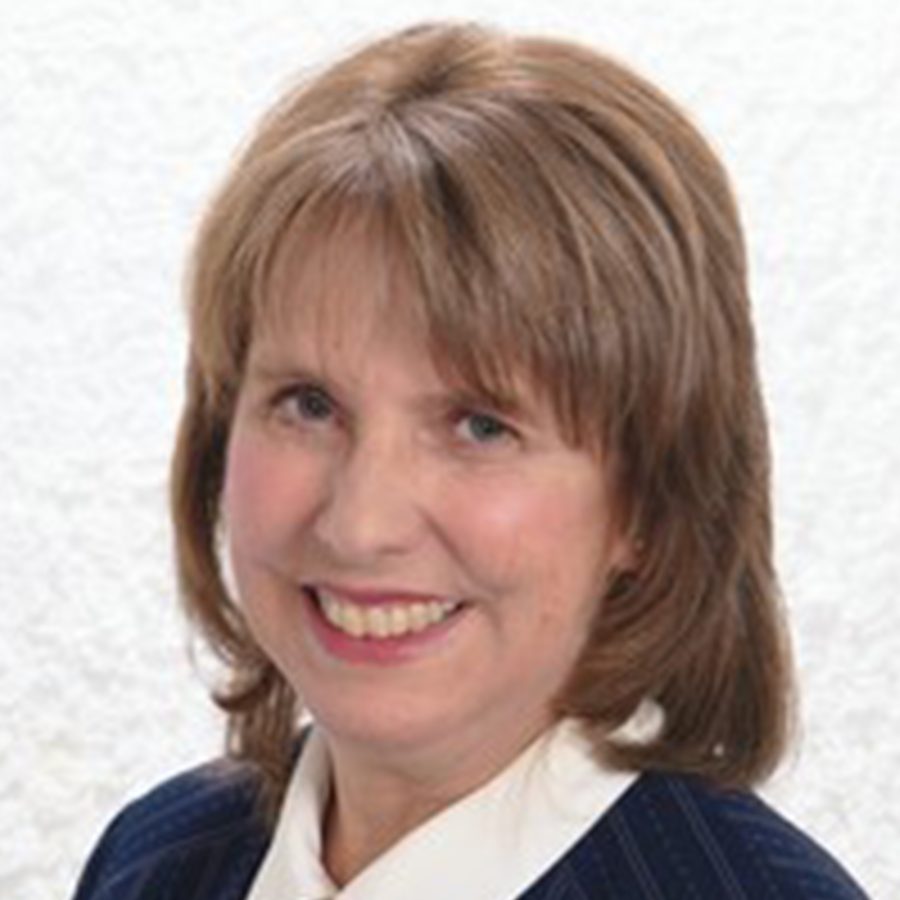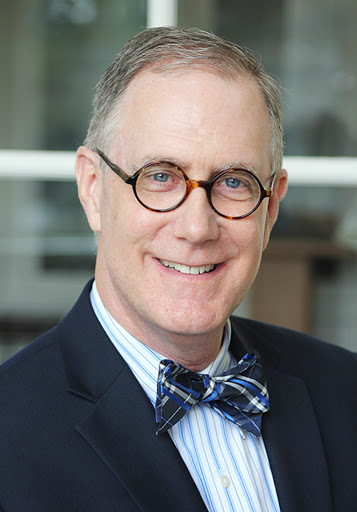Hope in Darkness for Pastors
This is the second blog post in a series about the book release of Preaching Hope in Darkness: Help for Pastors in Addressing Suicide from the Pulpit, co-written by Dr. Karen Mason, Director of the Counseling Department at Gordon-Conwell—Hamilton. Read the first blog post here.
Pastor suicide has always been part of the church but pastor suicides have become more visible and have shaken the Christian world. Pastor Steve Austin attempted suicide in 2012.[1] Pastor Andrew Stoecklein and Pastor Jarrid Wilson died by suicide. Pastor suicide is one of the most perplexing aspects of suicide prevention in faith communities. Congregants who have had a pastor die by suicide describe the effect as like a bomb dropped in the sanctuary which blows up the church.
The authors of Preaching Hope in Darkness, Dr. Scott M. Gibson and Dr. Karen Mason, believe pastor suicide is preventable. While their book is written to help pastors and teachers minister to their congregants, pastors and teachers can apply the book to themselves. Dr. Mason and Dr. Gibson would add two aspects of suicide prevention that are unique to pastors. They would advise pastors (and ministerial students!) to start by recognizing the unique stress of being a pastor. Duke Divinity School’s Clergy Health Initiative found that the rate of depression in clergy was double that of the national rate and the rate of anxiety was even higher.[2] They found many predictors of these mental health conditions including job stress like grief counseling, navigating competing demands of congregants, delivering a weekly sermon that opens clergy up to criticism, needing to switch roles rapidly, sense of guilt about not doing enough, and doubting one’s call to ministry. A Barna study found that nearly half of U.S. pastors struggle with depression.[3] Another study found that Protestant clergy had the highest overall work-related stress and were next to the lowest in personal resources to cope with the occupational strain.[4]
When you add the rates of depression in pastors to pastors being put on a pedestal by their congregants,[5] the effect can be lethal. When congregants (and pastors themselves!) put pastors on a pedestal, the message is that pastors are not like other people. Pastors give help but do not seek help for themselves. They have all the answers, the solutions to everyone’s problems.[6] And the solution is a spiritual solution, not reaching out for help for a mental health condition.
In order to reduce pastor suicide, pastors must avoid over-spiritualizing their struggles[7] and miss the possibility of a mental health condition. They must refuse to get on the pedestal. Dr. Mason and Dr. Gibson’s, colleague, Dr. Dave Currie, likes to say “Pastors are just like everybody else, only more so.” Pastors must admit that they are human like everyone else in the congregation. Pastors must admit that, as humans, they need support as much as their congregants need support, especially for a mental health condition. Of course, the challenge is that a faith leader is both leader and part of a faith community. Mary Clark Moschella describes this challenge:
“A pastor, rabbi, minister, or spiritual teacher lives in the tension between being a member of a community and one set apart from it in order to perform a leadership role.’”[8]
The challenge of the faith leader is to be a leader and a human who needs support. Seasoned pastors talk about the importance of regular meetings with an accountability group of other pastors who journey with them honestly through the challenges of ministry. It can be a challenge for pastors to be like Blind Bartimaeus (Mark 10:46-52) who refused to let pride get in the way of reaching out for help. While challenging, reaching out may be a life and death decision that pastors need to make.
Pick up your copy of Preaching Hope in Darkness today.
[1] Austin, S. (2016). From Pastor to Psych Ward: Recovery from a Suicide Attempt is Possible. CreateSpace Independent Publishing Platform.
[2] Proeschold-Bell, R.J., Miles, A., Toth, M., Adams, C., Smith, B.W., & Toole, D. (2013). Using effort-reward imbalance theory to understand high rates of depression and anxiety among clergy. Journal of Primary Prevention, 34(6), 439-453
[3] 2014-2015 Barna research for Pepperdine University “The State of Spiritual Leadership.” As cited in Kinnaman, D., & Lyons, G. (2016). Good Faith: Being a Christian when Society thinks You’re Irrelevant and Extreme. Grand Rapids, MI: Baker, pp. 246-247.
[4] Weaver, A.J., Flannelly, K.J., Larson, D.B., Stapleton, C.L., & Koenig, H.G. (2002). Mental health issues among clergy and other religious professionals: a review of research. Journal of Pastoral Care & Counseling, 56(4), 393-403.
[5] Zylstra, S.E. (2016, November 23). Why Pastors are Committing Suicide. Retrieved from https://www.thegospelcoalition.org/article/why-pastors-are-committing-suicide/
[6] Mason, K., Geist, M., & Clark, M. (2019). A developmental model of clergy engagement with suicide: A qualitative study. OMEGA—Journal of Death and Dying, 79(4), 347-363.
[7] Mason, K., Geist, M., & Clark, M. (2019). A developmental model of clergy engagement with suicide: A qualitative study. OMEGA—Journal of Death and Dying, 79(4), 347-363.
[8] Moschella, M.C. (2008) Ethnography as a pastoral practice: an Introduction Cleveland, OH: Pilgrim Press p. 37
 Dr. Karen Mason is the Director of the Hamilton Counseling Department and Professor of Counseling and Psychology at Gordon-Conwell Theological Seminary. She completed an M.A. in Old Testament at Denver Seminary and an M.A. and Ph.D. in counseling psychology at the University of Denver. Before moving to Massachusetts, she managed the Office of Suicide Prevention at the Colorado Department of Public Health and Environment. She is currently in private practice. Her research is focused on the clergy’s and faith community’s role in suicide prevention. She is a member of the American Counseling Association and the American Psychological Association.
Dr. Karen Mason is the Director of the Hamilton Counseling Department and Professor of Counseling and Psychology at Gordon-Conwell Theological Seminary. She completed an M.A. in Old Testament at Denver Seminary and an M.A. and Ph.D. in counseling psychology at the University of Denver. Before moving to Massachusetts, she managed the Office of Suicide Prevention at the Colorado Department of Public Health and Environment. She is currently in private practice. Her research is focused on the clergy’s and faith community’s role in suicide prevention. She is a member of the American Counseling Association and the American Psychological Association.
 Dr. Scott M. Gibson, former Haddon W. Robinson Professor of Preaching, served at Gordon-Conwell for over twenty years. He currently holds the David E. Garland Endowed Chair in Preaching and is as the Director of the Doctor of Philosophy in Preaching program at the George W. Truett Theological Seminary of Baylor University.
Dr. Scott M. Gibson, former Haddon W. Robinson Professor of Preaching, served at Gordon-Conwell for over twenty years. He currently holds the David E. Garland Endowed Chair in Preaching and is as the Director of the Doctor of Philosophy in Preaching program at the George W. Truett Theological Seminary of Baylor University.
